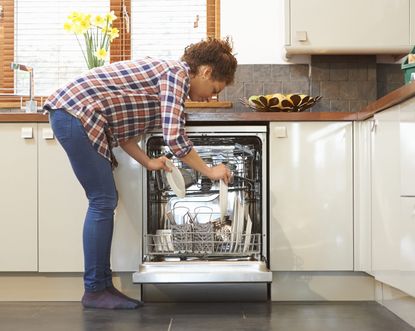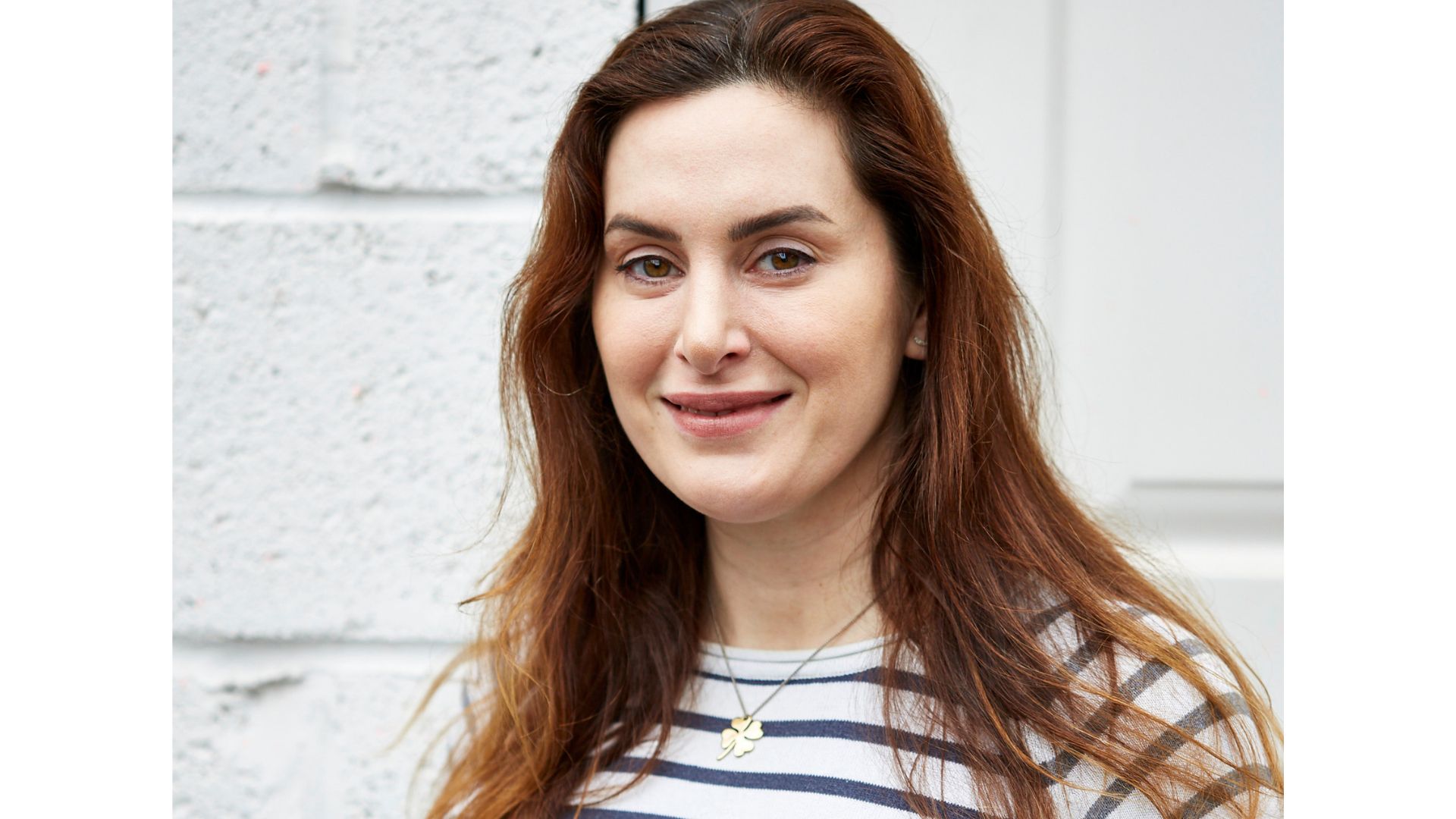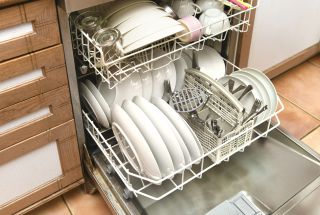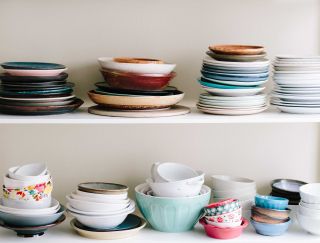Why you've been loading your dishwasher all wrong, according to the experts


You thought you knew what you were doing with your pre-rinse and your cutlery pointing upwards in the dishwasher, but you were wrong!
Cleaning experts say we've all been wasting countless hours and gallons of water by pre-rinsing cutlery and plates before putting them in the dishwasher.
The practice - commonly thought to help shift stuck-on food grime - has been deemed totally unnecessary by leading dishwasher manufacturers and household experts.
The same experts say the dishwasher should always be filled from the back to front to maximise space, with cutlery pointing downwards to reduce risk of injury and water stains.

The revelation comes from the experts Bon Appetit, who say the need to rinse dishes before placing them in the dishwasher is just ‘an urban myth’
"If you’ve got a full load ready to go, scrape off the serious gunk and bits of food, hit start and don’t look back," they say.
If you load the machine soon after eating and get rid of any large bits of food, there is no need to rinse.
GoodtoKnow Newsletter
Parenting advice, hot topics, best buys and family finance tips delivered straight to your inbox.
Even if you have a top-of-the-range machine, there are a few things that you should never put in the dishwasher - and should handwash instead, at all times. No-no's includes sharp knives, wooden items that could warp or crack, fancy pans especially non-stick, reusable straws and fine bone china that could easily break.

READ MORE: These are the next cleaning jobs around the house you need to tackle
Then there is the loading process...
When loading your dishwasher, you should do it from back to front to fit in the most stuff you possibly can.
Bon Appetit recommends: “Place bowls and cups facedown or at an angle so they don’t harbour puddles, and keep plates on the bottom shelf where the spray is strongest. Don’t nest things like Russian dolls; if the water can’t reach something, it won’t be cleaned.”
Another faux-pas, regularly seen in homes around the world, is blocking the water supply that does the actual cleaning by overloading or wringly loading. If you’re curious about why you’re always finding old food bits stuck on your plates or dirty speckles on your drinking glasses, you might have actually blocked the water jets that are meant to wash them in the first place. Check where your water jets are and make sure they are left exposed.
READ MORE: Experts reveal how often you should change your bed sheets
Meanwhile the experts also chastised people who wasted the planet's water resources by running their dishwashers on a barely full or half-filled machine.
But, it's not all bad news. Your dishwasher is more versatile than you ever could have imagined and can be used for washing all sorts of other things from around the home, and not just dirty plates.
Toothbrushes, shower curtains, underfoot car matts and plastic fridge parts all fare well in the dishwasher.
Some people even swear they can cook certain foods in the dishwasher, such as salmon on the steam setting.
We think we will pass on that one for now!

Elisa is a chef, food stylist and journalist. She has also been the editorial director of food and drinks content for more than 40 magazines and websites. As well as being host of the brand new Careers Conversations series podcast at Food Matters Live.
-
 Compromising may be killing your relationship - here are 5 ways to reach healthy compromises, according to relationship expert
Compromising may be killing your relationship - here are 5 ways to reach healthy compromises, according to relationship expertCompromising isn't always the best way to keep the peace in a relationship
By Charlie Elizabeth Culverhouse Published
-
 Best interactive pets for kids: 15 gift ideas for children of all ages
Best interactive pets for kids: 15 gift ideas for children of all agesFrom puppies to axolotls, take a look at our selection of the best interactive pets you can buy that are sure to be a hit with little animal lovers
By Sarah Handley Published